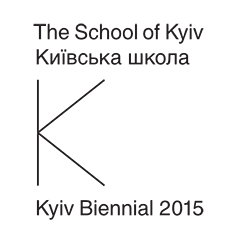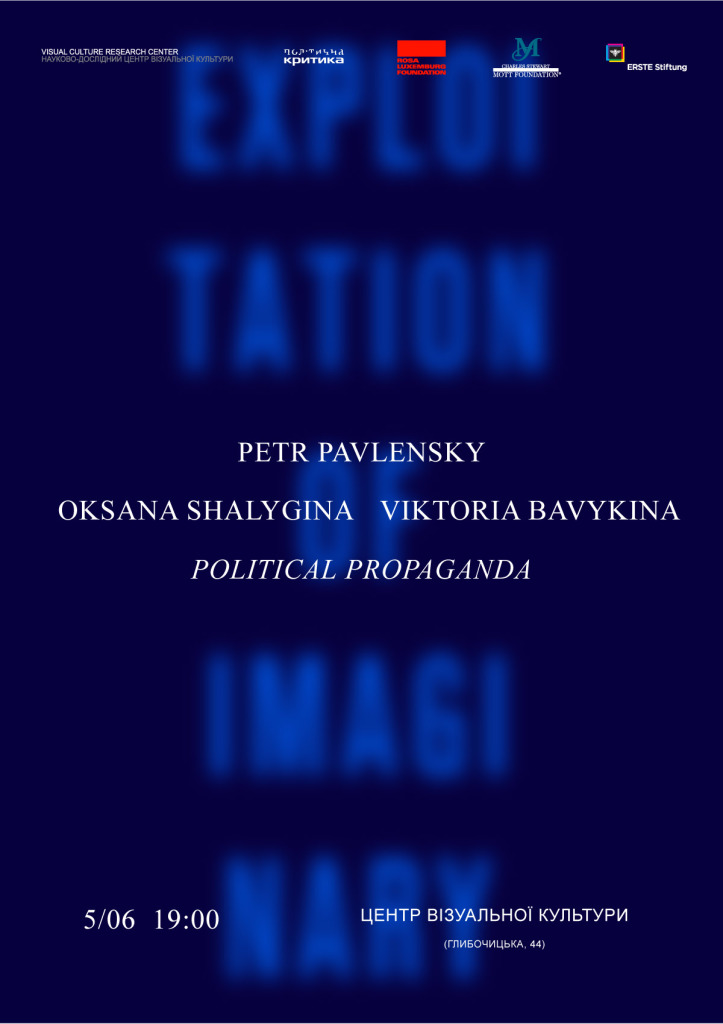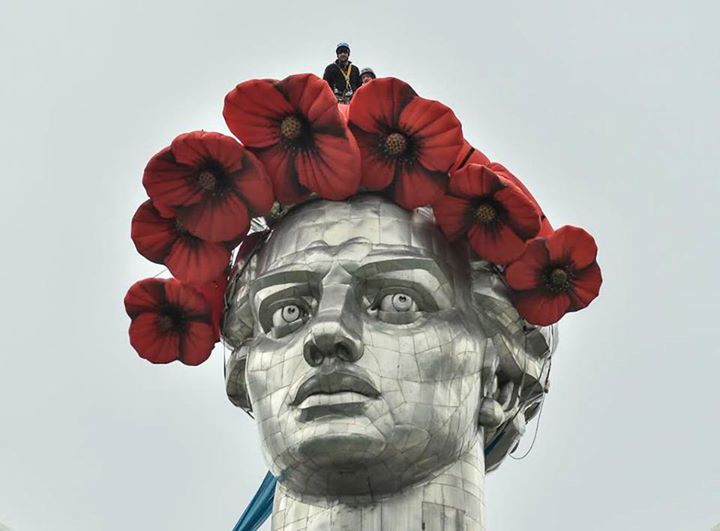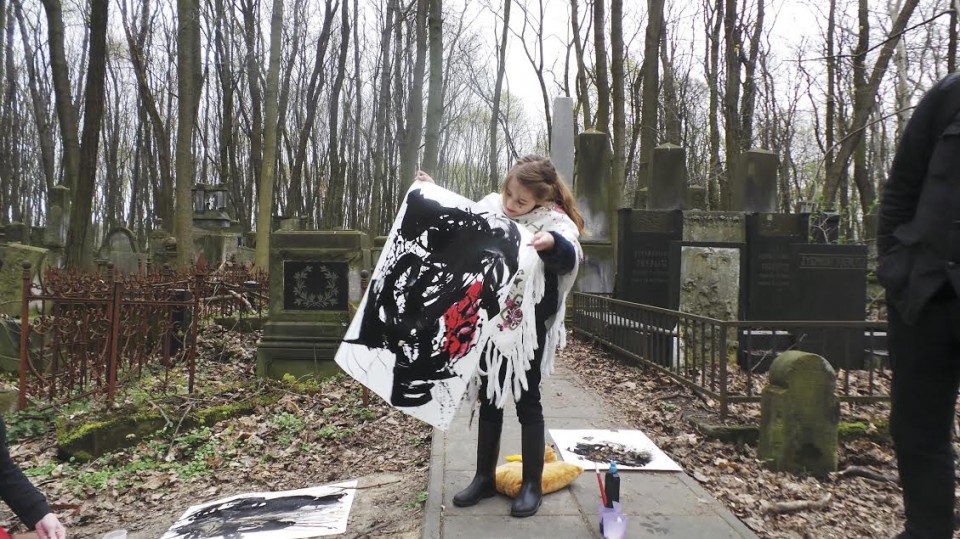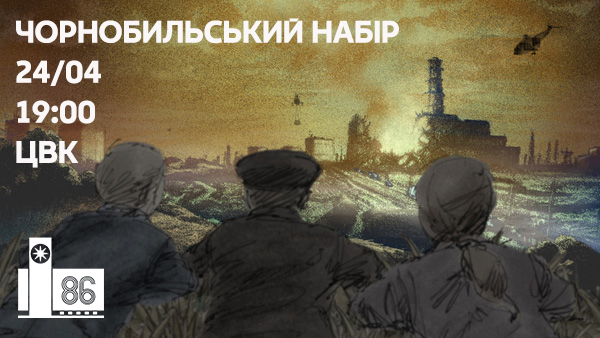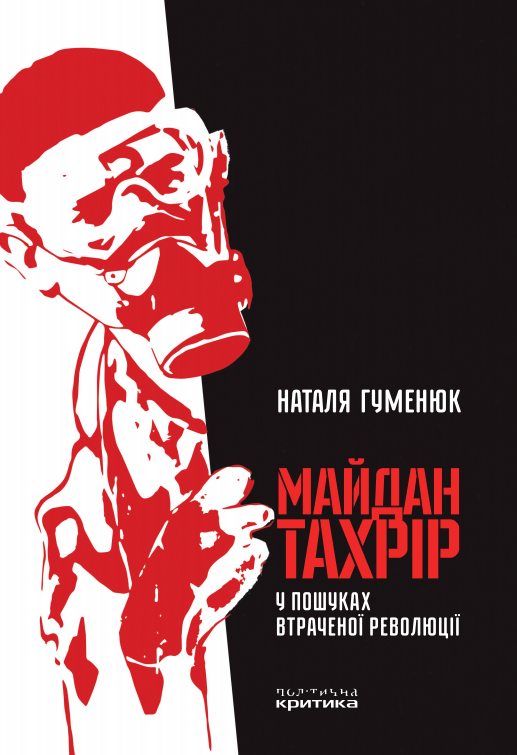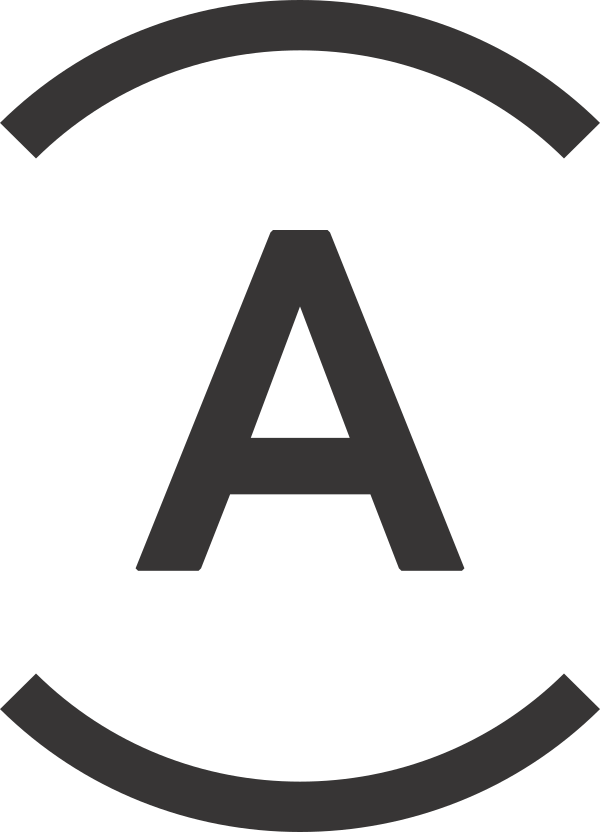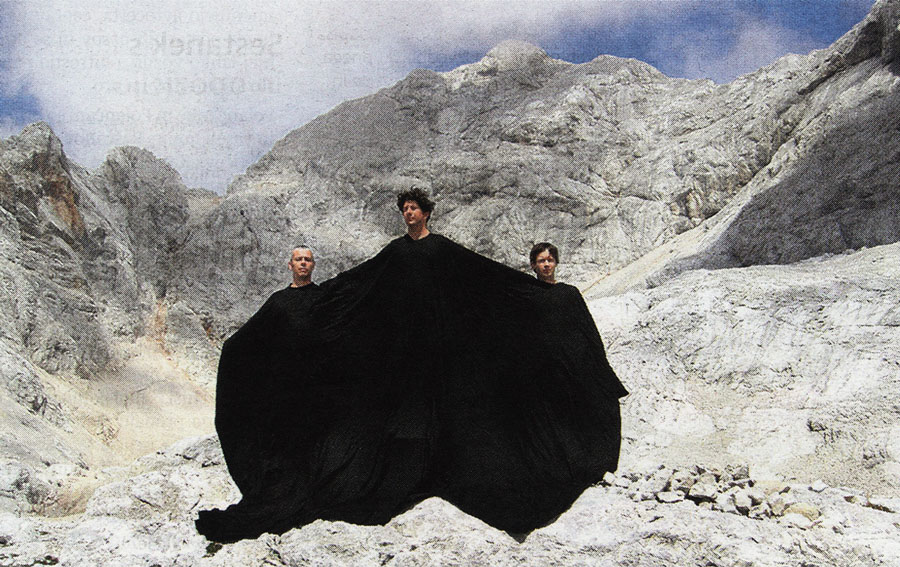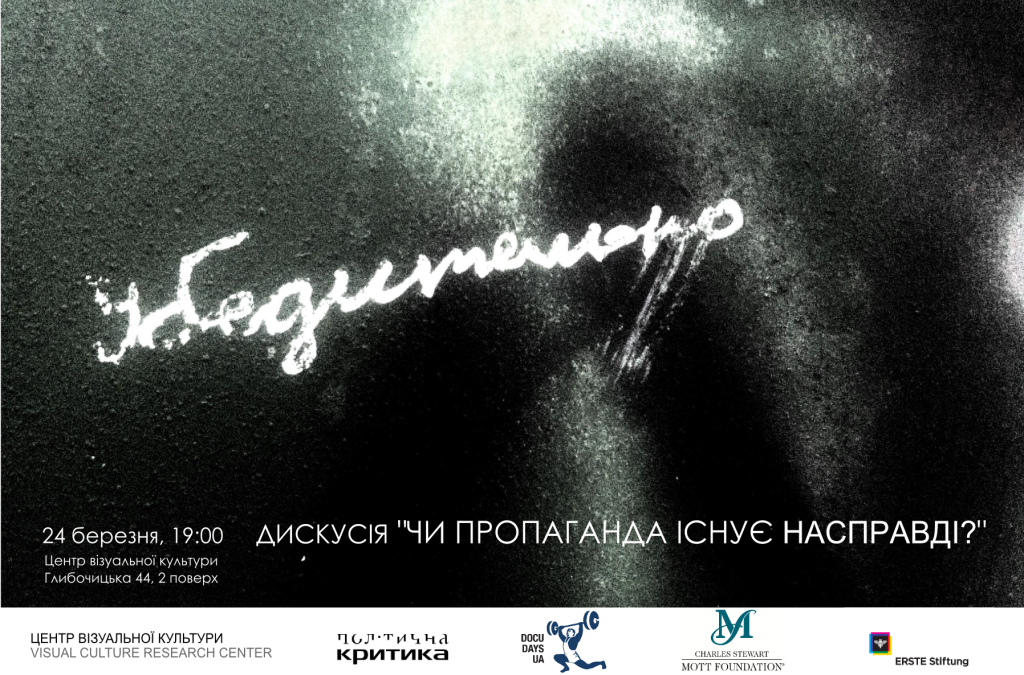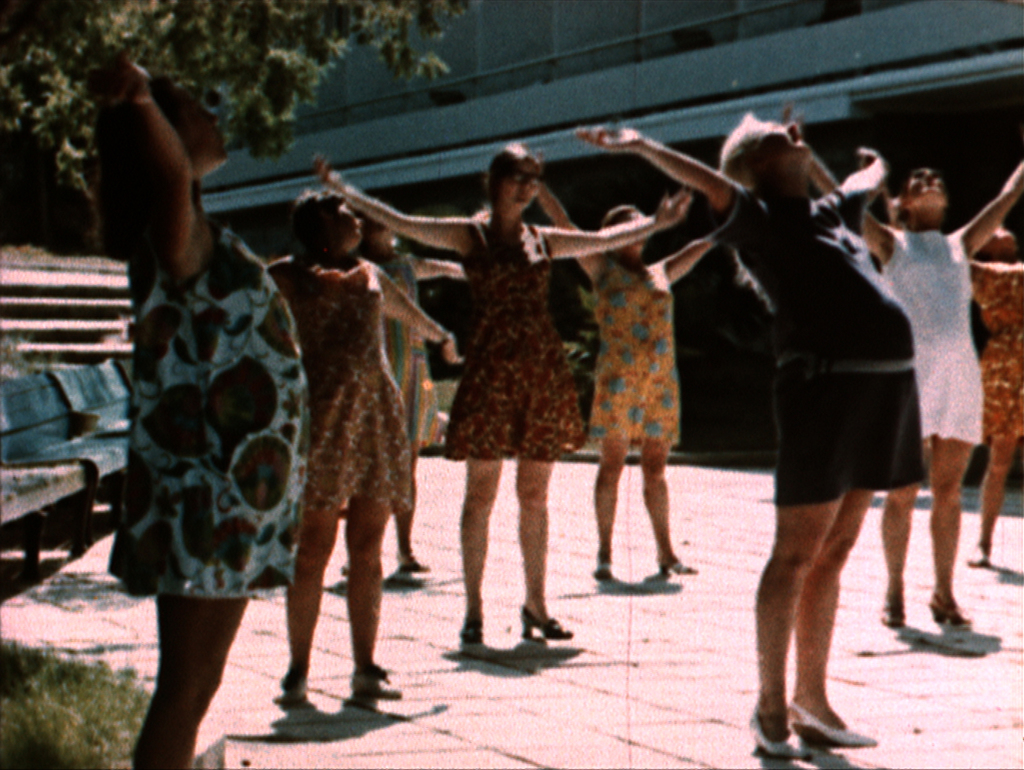Presentation of the publishing project “POLITICAL PROPAGANDA”
Friday, 5 June 2015, 19:00
Visual Culture Research Center (44 Hlybochytska Street (1st floor), Kyiv)
Visual Culture Research Center and Political Critique invite you to the presentation of publishing project “POLITICAL PROPAGANDA”, which will take place on Friday, 5 June, at 19:00.
Oksana Shalygina, Petr Pavlensky and Viktoria Bavykina will present the “POLITICAL PROPAGANDA” publishing house. “POLITICAL PROPAGANDA” is an independent information platform, which covers problems of contemporary art in political context. Particular attention will be drawn to the latest issue of the same-name magazine. “This issue tells the brutal story of victim production plant. Sexual exploitation, free labour, and funding of their possessors is something that the victims are forced to do in the process of reworking”. – PP. The “plant” example and personal life experience will help the editors to explain why is personal always political.
Oksana Shalygina is a publisher and editor-in chief of “POLITICAL PROPAGANDA” publishing house. Petr Pavlensky is an artist. Viktoria Bavykina is a head of “POLITICAL PROPAGANDA” publishing house.
The lecture will take place at Visual Culture Research Center within the frameworks of the exhibition “Some Say You Can Find Happiness There” and “Exploitation of the Imaginary” project (May 20 – June 15, 2015).
Admission is free
The project is supported by Rosa Luxemburg Stiftung
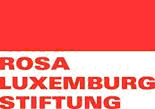
Supported by ERSTE Stiftung and Charles Stewart Mott Foundation
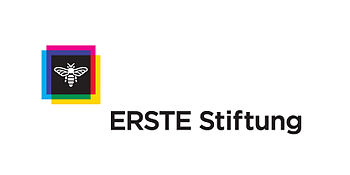
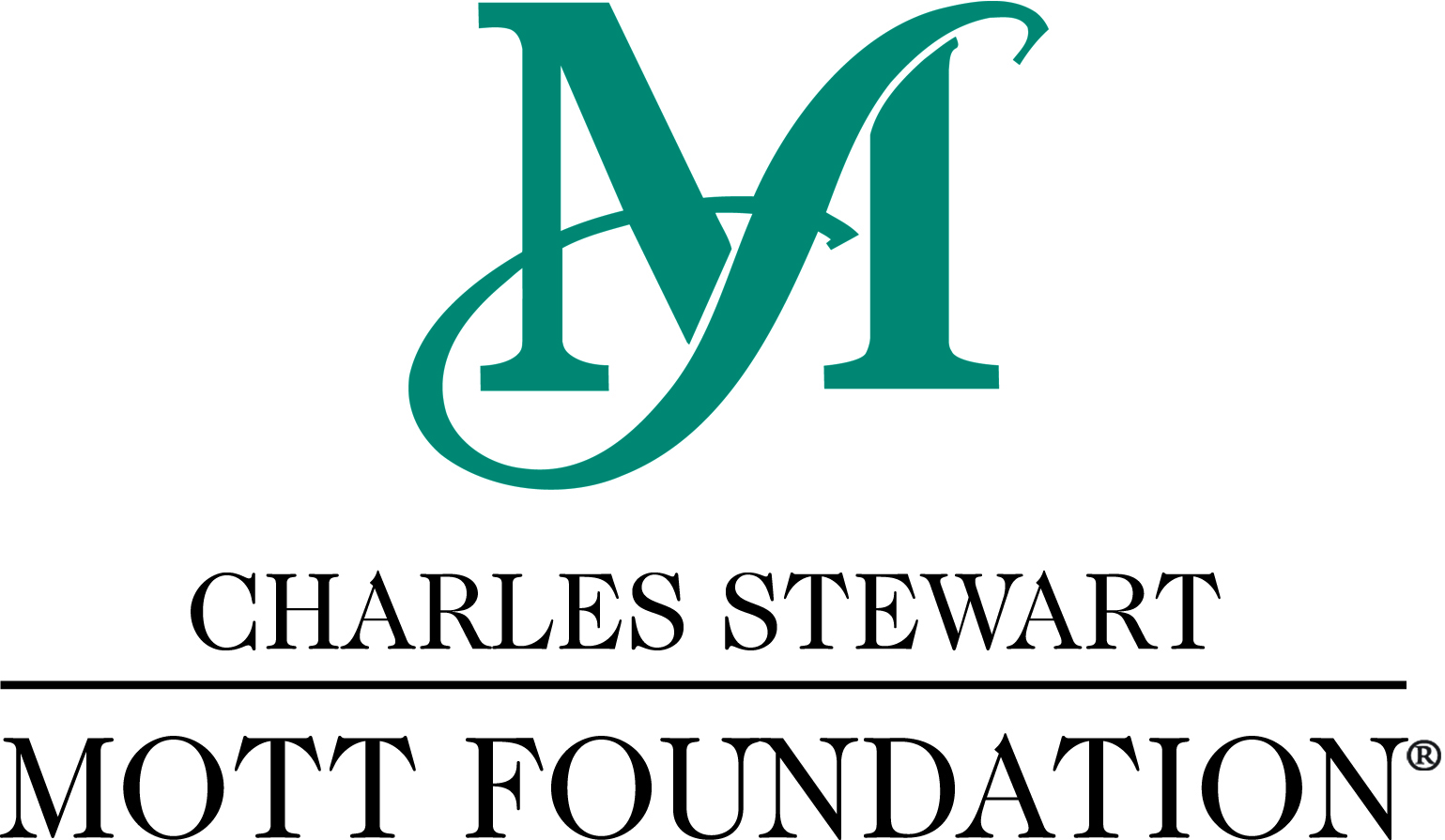
Visual Culture Research Center (VCRC) was founded in 2008 as a platform for collaboration between academic, artistic, and activist communities. VCRC is an independent initiative, which is engaged in publishing and artistic activities, scientific research, organization of public lectures, discussions, and conferences. In 2015 Visual Culture Research Center received the European Cultural Foundation’s Princess Margriet Award.
Visual Culture Research Center (44 Hlybochytska Street (1st floor), Kyiv)
Contacts:
+38096 4929600 (Nataliya Neshevets)
www.facebook.com/vcrc.org.ua
vcrc@vcrc.org.ua
Presentation of the latest issue of “Siniy Divan” magazine
Sunday, 31 May 2015, 19:00
Presentation of the latest issue of “Siniy Divan” magazine
with participation of
Oleg Aronson and Helen Petrovsky
Visual Culture Research Center (44 Hlybochytska Street (1st floor), Kyiv)
Visual Culture Research Center and Political Critique invite you to the presentation of the latest issue of “Siniy Divan” magazine, which will take place on Sunday, 31 May, at 19:00.
The latest issue of “Siniy Divan” magazine is devoted to the event of Maidan in Ukraine, the notion of contemporary democracy, and exploration of new political topology.
Is democracy, in particular absolute democracy, possible today? Protest movements, which began in 2011 all over the world, as well as events on Maidan pose a problem of direct popular rule. The authors of the issue – Ukrainian, Russian, American, and Italian researchers and philosophers – reflect on the problem of the subject in contemporary protest movements, on political time in which this subject is placed, with which values and why it identifies.
“Siniy Divan” magazine has been published under the editorship of Helen Petrovsky since 2002. The magazine focuses on contemporary philosophy, contemporary art, film and media studies, visual studies etc.
Oleg Aronson is an art historian, film and media theorist, philosopher. He is a fellow researcher at the Institute of Philosophy (Russian Academy of Sciences).
Helen Petrovsky is a philosopher, anthropologist, cultural theorist. She is editor-in-chief of “Siniy Divan” magazine.
Lectures will take place at Visual Culture Research Center within the frameworks of the exhibition “Some Say You Can Find Happiness There” and “Exploitation of the Imaginary” project (May 20 – June 15, 2015).
Admission is free
The project is supported by Rosa Luxemburg Stiftung

Supported by ERSTE Stiftung and Charles Stewart Mott Foundation


Visual Culture Research Center (VCRC) was founded in 2008 as a platform for collaboration between academic, artistic, and activist communities. VCRC is an independent initiative, which is engaged in publishing and artistic activities, scientific research, organization of public lectures, discussions, and conferences. In 2015 Visual Culture Research Center received the European Cultural Foundation’s Princess Margriet Award.
Visual Culture Research Center (44 Hlybochytska Street (1st floor), Kyiv)
Contacts:
+38096 4929600 (Nataliya Neshevets)
www.facebook.com/vcrc.org.ua
vcrc@vcrc.org.ua
Discussion “World War II: Ukrainian Version”
Tuesday, 12 May 2015, 19:00
Visual Culture Research Center (44 Hlybochytska Street (1st floor), Kyiv)
Visual Culture Research Center and Political Critique invite you to the discussion “World War II: Ukrainian Version”, which will take place on Tuesday, 12 May, at 19:00.
Discussion “World War II: Ukrainian Version” is dedicated to Ukrainian historiography of the 2nd World War, its key events and issues. Where does “the Great Patriotic War” ends and “2nd World War” starts in the situation of post-Soviet self-determination? What is the role of Ukraine in contemporary World War II narratives? The war of nations, ethnicities, and states: whom did Ukrainians fight in World War II? Holocaust in Ukraine: Debates on the role of Ukrainians in the extermination of Jews. How has Ukrainian state changed since the 2nd World War?
Participants:
Serhiy Yekelchyk is historian, who teaches at the University of Victoria (Canada). He is author of the books Empire of Memory: Russian-Ukrainian Relations in Soviet Historical Imagination (2008), History of Ukraine: The Birth of Modern Nation (2007). At the moment he is working on the book about Stalinist political rituals.
Ivan Homza is political theorist and historian, who researches European fascism and integral nationalism. He teaches at the Department of Political Science (National University of “Kyiv-Mohyla Academy”).
Iryna Sklokina holds a PhD in History and explores official Soviet politics of memory about the War. She is a Fellow Researcher at Center for Urban History of East Central Europe (Lviv).
Moderator:
Kateryna Ruban is a PhD candidate at New York University, member of Visual Culture Research Center, researcher of Soviet history.
Admission is free
Discussion will take place within the frameworks of educational project “Revenge of Memory: World War II in Political and Cultural Narratives”, devoted to conceptualization of World War II discourse, actualized by recent events in Ukraine, analysis of political, rhetorical, media strategies of instrumentaliation of the historical war experience, production of ways of working with post-war experience.
Admission is free
The project is supported by Heinrich Böll Stiftung (Kyiv)
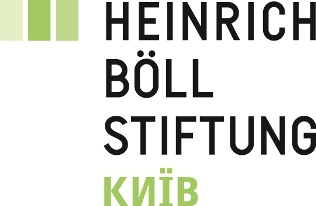
Supported by ERSTE Stiftung and Charles Stewart Mott Foundation


Visual Culture Research Center (VCRC) was founded in 2008 as a platform for collaboration between academic, artistic, and activist communities. VCRC is an independent initiative, which is engaged in publishing and artistic activities, scientific research, organization of public lectures, discussions, and conferences. In 2015 Visual Culture Research Center received the European Cultural Foundation’s Princess Margriet Award.
Visual Culture Research Center (44 Hlybochytska Street (1st floor), Kyiv)
Contacts:
+38096 4929600 (Nataliya Neshevets)
www.facebook.com/vcrc.org.ua
vcrc@vcrc.org.ua
Artur Żmijewski will present his new films
Tuesday, 28 April 2015, 19:00
Visual Culture Research Center (44 Hlybochytska Street (1st floor), Kyiv)
On Tuesday, 28 April 2015, at 19:00 the screening of new films by Artur Żmijewski will take place at Visual Culture Research Center.
The new series of films by Artur Żmijewski was created during the years 2013 – 14 after a break caused by his work on the 7th Berlin Biennial (2012). In his films Żmijewski continues to explore the connections between power, art, and society.
Critique of religion as the instrument of power is one of the central topics for Żmijewski. His Film Mass 2 (2014) is the continuation of his experiments with placing religious rituals in the secular space of art. In Autumn 2014 Artur Żmijewski staged catholic mass at Krakow National Theatre. Mass 2 depicts this process as an answer to intrusion of religion into secular society.
During the year 2014 Artur Żmijewski created the series of short films in collaboration with female prisoners at Warsaw penal colony (Brushworks, Cookbook, Making of). These films document the series of workshops which transformed the disciplinary institution into the place for creative work. Films Total Landscape and Stranger show artistic experiments with the issue of everyday violence.
The films will be presented by the author. Discussion will follow.
Screening program:
Mass 2, 18’
Brushworks, 6’
Cookbook, 12’
Making of, 9’
Total Landscape, 5’
Stranger, 12’
Artur Żmijewski is an artist, film director, and curator. He is the artistic editor of Political Critique magazine (Krytyka Polityczna). He represented Poland at 51st Venice Biennial (2004). His works were shown at the Museum of Modern Art (New York), KunstWerke (Berlin), National Gallery of Art Zachęta, Documenta 12 (2007), Manifesta 4 (2002) etc. In 2012 he curated the 7th Berlin Biennial. In 2012 his personal exhibition Democracies took place at Visual Culture Research Center.
Working language – English
Admission is free
Supported by ERSTE Stiftung and Charles Stewart Mott Foundation


Visual Culture Research Center (VCRC) was founded in 2008 as a platform for collaboration between academic, artistic, and activist communities. VCRC is an independent initiative, which is engaged in publishing and artistic activities, scientific research, organization of public lectures, discussions, and conferences. In 2015 Visual Culture Research Center received the European Cultural Foundation’s Princess Margriet Award.
Contacts:
+380631481204 (Nazariy Sovsun)
www.facebook.com/vcrc.org.ua
vcrc@vcrc.org.ua
Screening of short film program CHERNOBYL SET
Friday, 24 April 2015, 19:00
Visual Culture Research Center (44 Hlybochytska Street (1st floor), Kyiv)
Visual Culture Research Center and Political Critique invite you to a special screening of short film program CHERNOBYL SET presented by “86” festival, which will take place on Friday, 24 April, at 19:00.
The personal stories, social dimension, and fantastic plots. Look at the trace of The Explosion in short films from all over the world in the special program Chernobyl Set. The program will be presented by culture and film theorist, co-founder of Visual Culture Research Center, Olga Bryukhovetska. After the screening presentation of Second Festival of Film and Urbanism “86” program and discussion with festival curator Illya Gladstein will take place.
Chernokids
France, 2010, 7’
Directed by Marion Petegnief, Matthieu Bernadat, Nils Boussuge, Florence Ciuccoli, and Clément Deltour
Somewhere in Ukraine, three deformed orphans decide to visit their mother, which they believe to be a Nuclear Power Plant.
GAMMA
UK, Ukraine, Kazakhstan, 2012, 7’
Factory Fifteen in association with Unknown Fields
In a post-nuclear future, when the earth is riddled with radiation, a new urban developer proposes to regenerate the cities back into civilization. GAMMA sets out to stabilize the atomic mistakes of yesteryear for the re-inhabitation of future generations.
Leonid’s Story
Germany, Ukraine, 2011, 19’
Directed by Reiner Ludwigs
Leonid is a policeman from Kopachi village, he grew up next to the Chernobyl nuclear reactor. He suddenly found himself in the middle of the catastrophe which broke his life, ruined his health, and threatens his unborn child. Yet his work takes him right into the contaminated zone.
Mi-cro-phone!
USSR, 1988, 20’
Directed by Georgiy Shklarevski
Ukrainian News and Documentary Film Studio
The film displays the consequences of Chernobyl nuclear disaster beyond the 30-km Exclusion Zone, as well as the silencing of the aftermath by Soviet authorities. It was filmed in 1988 in Narodnytskyi district of Zhytomyr region.
The Territory of Childhood
Russia, 2012, 23’
Directed by Anna Rada
Postgraduate School for Screenwriters and Film Directors
Prypyat secondary school’s Class of 1986 gets together for their first reunion in 25 years and a visit to the territory of their childhood.
Admission is free
Supported by ERSTE Stiftung and Charles Stewart Mott Foundation


Visual Culture Research Center (VCRC) was founded in 2008 as a platform for collaboration between academic, artistic, and activist communities. VCRC is an independent initiative, which is engaged in publishing and artistic activities, scientific research, organization of public lectures, discussions, and conferences. In 2015 Visual Culture Research Center received the European Cultural Foundation’s Princess Margriet Award.
Contacts:
+380631481204 (Nazariy Sovsun)
www.facebook.com/vcrc.org.ua
vcrc@vcrc.org.ua
MAIDAN TAHRIR. Presentation of a book by Natalia Gumenyuk
Wednesday, 8 April 2015, 19:00
Visual Culture Research Center (44 Hlybochytska Street (1st floor), Kyiv)
Visual Culture Research Center and Political Critique invite you to the presentation of a book by Natalia Gumenyuk MAIDAN TAHRIR. In Search of Lost Revolution, which will take place on Wednesday, 8 April, at 19:00.
Maidan Tahrir is a collection of journalistic stories by Natalia Gumenyuk, written during her trips around the Middle East in times of revolutionary transformations. The heroes of this book – activists and musicians, bloggers and cyber-dissidents, militarists and Islamists, artists and rebels – are combined by their experience of democratic uprising against the regime. Texts, written at the height of the Arab Spring, resonate directly with the experience of Ukrainian society after Maidan. Maidan Tahrir is a book published by Visual Culture Research Center and Political Critique.
Natalia Gumenyuk is a Ukrainian journalist, co-founder of Hromadske.TV, head of Hromadske International project. She has covered the events in over 50 countries. Since 2001, Natalia has worked as an international journalist at different Ukrainian TV channels. Since 2011, she has covered the protests in different areas of the world as a freelancer, exploring the development of societies amidst conflicts and revolutions. During the last year Natalia has made reports about the situation in Crimea and Donbas, as well as Ukrainian international relations.
Presentation will take place with participation of the author.
Moderator – Oleksiy Radynski
Admission is free
Supported by ERSTE Stiftung and Charles Stewart Mott Foundation


Visual Culture Research Center (VCRC) was founded in 2008 as a platform for collaboration between academic, artistic, and activist communities. VCRC is an independent initiative, which is engaged in publishing and artistic activities, scientific research, organization of public lectures, discussions, and conferences. In 2015 Visual Culture Research Center received the European Cultural Foundation’s Princess Margriet Award.
Contacts:
+380631481204 (Nazariy Sovsun)
+380674422389 (Oleksiy Radynski)
www.facebook.com/vcrc.org.ua
vcrc@vcrc.org.ua
Discussion «The Chechen Option»
Sunday, 5 April 2015, 19:00
Visual Culture Research Center (44 Hlybochytska Street (1st floor), Kyiv)
Visual Culture Research Center, Political Critique, and Docudays UA invite you to the discussion «The Chechen Option», which will take place on Sunday, 5 April, at 19:00.
During ten years the government of Russian Federation conducted a counter-terrorist operation (CTO) against Chechen separatists. As a result, the Chechen Republic was granted a broad autonomy, but de facto, this established its status of a grey area, where legal regulation is replaced by corruption and dictatorship of violence.
At the meeting with Angela Merkel Vladimir Putin suggested the «Chechen option» for the settlement to conflict in Eastern Ukraine. Unsolved and, in fact, frozen Chechen conflict is being reproduced today in the East of Ukraine. As well as Russia, Ukraine now has to conduct ATO (anti-terrorist operation) for its struggle with separatism, gradually appropriating Russian politics of internal colonization.
Can the analysis of internal Russian problems give the key to understanding the logic of its external policy? Can the history of the Chechen conflict shed light upon the situation in Ukraine? What are the similarities between CTO and ATO? Can the analysis of Russian counter-terrorist operation point to possible mistakes and risks for Ukrainian politics?
Participants of the discussion:
Vissarion Aseev is a civil activist, who was engaged in human rights activities in Caucasus, Russia, Ukraine, and Crimea. He is a former coordinator of the Joint Civil Front of Northern Ossetia.
Serhiy Danylov is Deputy Director of the Center for Middle Eastern Studies and fellow researcher at the Institute of Eastern Studies (National Academy of Sciences of Ukraine).
Konstantin Reutskiy is a journalist and human rights activist, head of the non-government organization «Centre for Human Rights Postup». He is journalist at infomator.lg.ua and Hromadske.tv.
Kateryna Sergatskova is an independent journalist, war reporter, who writes for Ukrainska Pravda, Focus, Ukrainian edition of Esquire, Colta, Snob. She made reports from Crimea, Donetsk, Horlivka, Krasnoarmiysk, Shchastya, Mariupol.
Moderator – Nataliia Neshevets
The discussion will take place within the frameworks of the exhibition Grozny: 9 Cities.
Admission is free
Supported by ERSTE Stiftung and Charles Stewart Mott Foundation


Visual Culture Research Center (VCRC) was founded in 2008 as a platform for collaboration between academic, artistic, and activist communities. VCRC is an independent initiative, which is engaged in publishing and artistic activities, scientific research, organization of public lectures, discussions, and conferences. In 2015 Visual Culture Research Center received the European Cultural Foundation’s Princess Margriet Award.
Contacts:
+380631481204 (Nazariy Sovsun)
www.facebook.com/vcrc.org.ua
vcrc@vcrc.org.ua
The Biennale 2015 in Kyiv will take place!
‘The School of Kyiv‘. The Biennale 2015 in Kyiv will take place despite the withdrawal of Mystetsky Arsenal
Mysteskyi Arsenal has unilaterally withdrawn as an organiser of the 2nd Kyiv Biennale, under the title ‘The School of Kyiv‘. This decision was taken without any warning and unexpectedly interrupts a project that involves artists, intellectuals, civil society initiatives and institutions in Ukraine, Europe and beyond. These groups and individuals dedicated their work to an initiative trying to create a space of reflection beyond the logics of the actual conflicts.
Under present political conditions in Ukraine, after the revolution of Maidan and when the country is at war, the political potential of art is needed today more than ever before. The fundamental role of art as a reflexive instrument is to challenge the present political context defined by the armed conflict in Ukraine.
The biennale is an open project, which society has a deep need for, aimed at creating a public framework, a space where civil society will be able to reflect on its threatened conditions by means of art and knowledge.
We, together with institutions and initiatives in Kyiv, the Ukraine and Europe, have decided to go ahead with the biennale project, after one and a half years of intense collaboration and exchange, without the support of Mysteskyi Arsenal. ‘The School of Kyiv‘ will take place this year as planned!
The project will be realised by the curators in close collaboration with a wide range of artistic and civil society organizations.
Hedwig Saxenhuber & Georg Schöllhammer
Curators
More information will be given at a press conference and in a press release in April in Kyiv
Discussion «Does Propaganda Really Exist?»
Tuesday, 24 March 2015, 19:00
Visual Culture Research Center (44 Hlybochytska Street (1st floor), Kyiv)
Visual Culture Research Center, Political Critique, and Docudays UA invite you to the discussion «Does Propaganda Really Exist?», which will take place on Tuesday, 24 March, at 19:00.
The concept of «propaganda» is mentioned in legal system, media, public and political discourses. Counterpropaganda – political struggle in media field – became the mission of state apparatus, as well as civil society. However, the content of the term «propaganda» is still opaque, its usage is, to a large extent, intuitive and based on the concealed ideological and political preferences, or prejudices.
Such blur implicates the distrust of facts, of any records, or evidence, and finally, – the blurring of reality in general.
What can documentary filmmaking counterpose in this situation? On the one hand, it is always accompanied by the pathos of truth. On the other hand, this is exactly what makes it an ideal instrument, a medium of propaganda.
The purpose of the discussion is problematization of the concept of propaganda in contemporary context. Is non-propagandist depiction of war possible in documentary? Are there any boundaries between propaganda and engaged attitude, between propagandist and antagonist?
Participants of the discussion:
Olga Bryukhovetska (PhD in Philosophy) is a Professor at the Cultural Studies Department (National University of «Kyiv-Mohyla Academy»), culture and film theorist. She teaches the courses «Visual Culture», «Theory of Communication», and «Mass Culture».
Mustafa Nayyem is a member of Ukrainian parliament, former journalist, co-founder and editor of Hromadske.tv, former author for the newspapers Kommersant and Ukrainska Pravda, activist of Stop Censorship! movement.
Svetla Turnin (Canada) is a film and culture theorist, co-founder and Executive Director of Cinema Politica. In 2013 she co-edited the book Screening Truth to Power: A Reader on Documentary Activism. Most recently Svetla has been giving workshops and talks on the politics of festival programming, documentary and activism at international festivals and conferences.
Yevhen Fedchenko (PhD in Political Science) is a Professor and Director of the School of Journalism (National University of «Kyiv-Mohyla Academy»), international journalist, co-founder of Stopfake.org. He organized trainings on reporter skills, television news production, documentary production for international NGOs (OSCE, DFID, PRESS NOW).
Pavel Sheremet is Belorussian, Russian, and Ukrainian journalist, author of documentaries Wild Hunting and Wild Hunting – 2, Chechen Diary, 1991 – the Last Year of the Empire, Execution of Saddam. War without Winner etc. He is a Laureate of the OSCE Prize for Journalism and Democracy.
Moderator – Vasyl Cherepanyn
The discussion will take place within the frameworks of International Documentary Human Rights Film Festival Docudays UA.
Admission is free
Supported by ERSTE Stiftung and Charles Stewart Mott Foundation


Visual Culture Research Center (VCRC) was founded in 2008 as a platform for collaboration between academic, artistic, and activist communities. VCRC is an independent initiative, which is engaged in publishing and artistic activities, scientific research, organization of public lectures, discussions, and conferences. In 2015 Visual Culture Research Center received the European Cultural Foundation’s Princess Margriet Award.
Contacts:
+380631481204 (Nazariy Sovsun)
www.facebook.com/vcrc.org.ua
vcrc@vcrc.org.ua
Film screening. The Motherhood Archives
Thursday, 19 March 2015, 19:00
Visual Culture Research Center (44 Hlybochytska Street (1st floor), Kyiv)
Visual Culture Research Center and Political Critique invite you to the screening of film The Motherhood Archives by Irene Lusztig, which will take place on Thursday, 19 March, at 19:00.
Archival montage, science fiction, and homage to 70s feminist filmmaking are woven together to excavate hidden histories of childbirth in the twentieth century. Assembling an archive of over 100 educational, industrial, and medical training films, The Motherhood Archives inventively untangles the complex, sometimes surprising genealogies of maternal education. From the first use of anesthetic ether in the 19th century to the postmodern 21st century hospital birthing suite, The Motherhood Archives charts a course through the cultural history of pain, the history of obstetric anesthesia, and the little-known international history of the natural childbirth and Lamaze movements. Revealing a world of intensive training, rehearsal, and performative preparation for the unknown that is ultimately incommensurate with experience, The Motherhood Archives becomes a meditation on the maternal body as a site of institutional control, ideological surveillance, medical knowledge, and nationalist state intervention. The film works both, as a feminist recuperation of obsolete maternal histories, and as a visual analysis of the persistent disciplining of the pregnant / laboring body.
Irene Lusztig is a filmmaker, media archeologist, and visual artist. Her film and video work mines old images and technologies for new meanings in order to reframe, recuperate, or reanimate the forgotten and neglected stories. Using hybrid formal strategies and combining visual textures (including digital video, Super 8 and 16mm film, and found / archival materials) her work investigates the production of personal, collective, and national memories.
Admission is free
The screening will take place within the frameworks of feminist program that is taking place at VCRC from 3rd to 19th of March
Supported by ERSTE Stiftung, Charles Stewart Mott Foundation and Heinrich-Böll-Stiftung Ukraine



Visual Culture Research Center (VCRC) was founded in 2008 as a platform for collaboration between academic, artistic, and activist communities. VCRC is an independent initiative, which is engaged in publishing and artistic activities, scientific research, organization of public lectures, discussions, and conferences. In 2015 Visual Culture Research Center received the European Cultural Foundation’s Princess Margriet Award.
Contacts:
+380631481204 (Nazariy Sovsun)
www.facebook.com/vcrc.org.ua
vcrc@vcrc.org.ua

